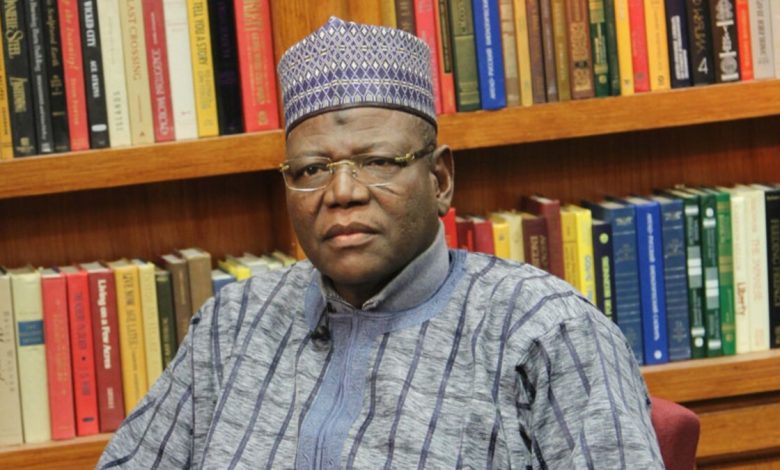
The Economic and Financial Crimes Commission (EFCC) has asked the Supreme Court to set aside the discharge of a former governor of Jigawa State, Sule Lamido, and his son, Mustapha Lamido, by the Abuja Division of the Court of Appeal.
The former governor, his two sons, Aminu and Mustapha, Aminu Wada Abubakar, and their companies, Bamaina Holdings Ltd and Speeds International Ltd, are standing trial before Justice Ijeoma Ojukwu of the Federal High Court, Abuja, on a 37-count amended charge of money laundering to the tune of N1.35 billion fraud.
Lamido allegedly abused his position as governor between 2007 and 2015 and laundered several sums of money he received as kickbacks from companies that the Jigawa State Government awarded contracts under his leadership.
The trial commenced in 2015 and has seen the commission calling over 16 witnesses before closing its case.
Rather than open their defence, the defendants opted for a no-case submission, arguing that the prosecution had not placed sufficient materials before the court to warrant their defence.
But Justice Ojukwu threw out the no-case submission, upheld EFCC’s request that Lamido and the other defendants had a case to answer, and ordered them to open their defence. Dissatisfied, Lamido proceeded to the Appellate Court on appeal.
In a ruling on July 25, the appellate court held that the no-case submission filed by the defendants was meritorious, struck out the charge, and discharged the former governor and his son.
However, in a notice of appeal filed at the Supreme Court and dated July 31, 2023, the EFCC is asking the apex court to set aside the whole decision of the Court of Appeal and order a return of the case to the trial court “to continue and conclude same”, because the appellate court erred in law when it discharged the respondents.
Among the grounds of the appeal is the contention by the appellant that the Court of Appeal erred in law when it held that case was wrongly commenced in the Abuja Division of the Federal High Court instead of Kano and proceeded to strike out the charge and discharge the appellants.
